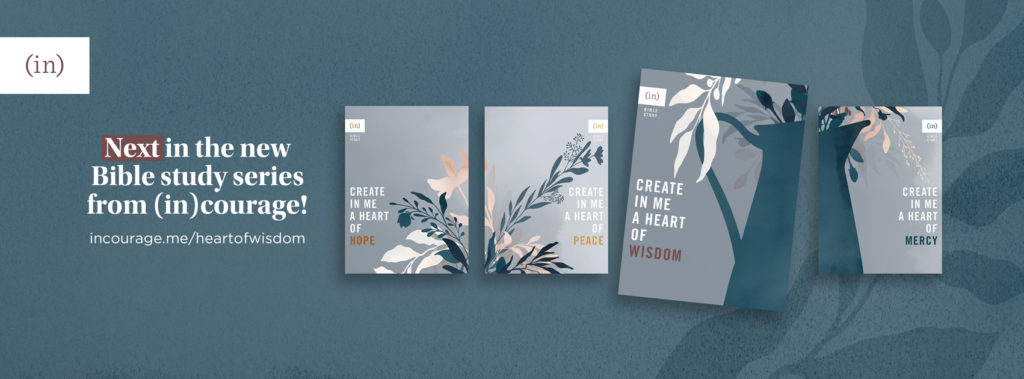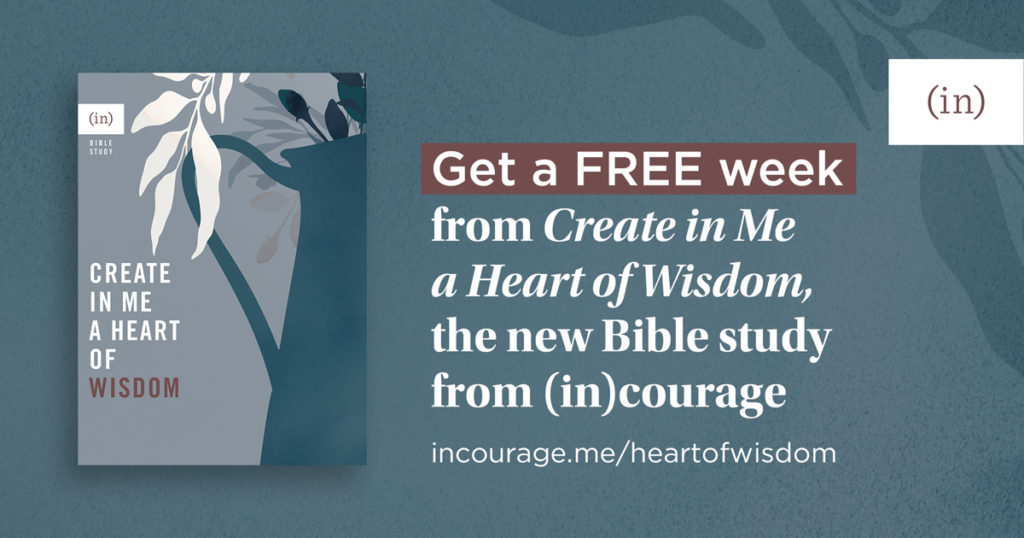I was the happiest graduate at my college graduation. I felt like a beam of light floating across the stage. . . because I almost didn’t make it there.
During the middle of my junior year, disease exploded into my life like a missile. I finished my senior year doing three semesters’ worth of work in two, with one half the amount of energy as my former self. I often couldn’t sit through class because of pain, and my roommates frequently had to cut my food for me at dinner or drive me across campus because walking was too hard. There were many days I didn’t think I’d make it to graduation, let alone be physically able to walk across the stage.
But I did.
And I made it there because others gave me enough grace to keep showing up, even when it was nearly too hard.
Professors gave me extensions on papers. Friends carried my books across campus when I couldn’t. My roommates rubbed my aching hands and back when I couldn’t stand another minute of pain. I endured because they embraced me. Weakness included.
We companion each other into courage.
We bless each other into believing that the brokenness we are carrying won’t keep us from beauty and bravery.
And we don’t stop needing that blessing, every time brokenness is weighing us down.
When I was in the throes of figuring out the story arc and content of my second book, a fellow author reached out to encourage me. She said a dear friend of their family’s was reading my first book and finding so much resonance within it, especially since she had just been diagnosed with one of the same autoimmune diseases as I have. Apparently Heather was curled up on their couch reading and couldn’t stop shouting, “I can’t believe she has the same disease as me!”
I instantly burst into tears when I got my friend’s text, because when I was Heather’s age, the pain of longing to meet someone else who was young and sick like me nearly tore me in two. I wrote the book she was reading, This Too Shall Last, so that others could feel the comfort I longed to receive: to hear and see that their stories mattered, that stories that include ongoing suffering can still be brimming with grace.
Seeing our own struggle reflected in someone else’s story can carve out space to be strong.
Hearing someone else acknowledge the heaviness of hard things can give us hope that the weight won’t crush us.
Because of Heather, I was feeling energized to keep writing, trusting the same solidarity that was strengthening me to keep showing up would strengthen my next book’s readers to do so as well.
Two years ago, the days leading up to my birthday were especially painful. The treatment for my disease was failing, and I needed insurance approval to try something new. Fear about my future capacity pinned me down in discouragement. One night, I begged God, “Please, renew my joy. Please, restore my hope.”
On my birthday, I opened up Instagram and saw that the same author friend who encouraged me was celebrating Heather’s college graduation that very day. The light I felt walking across my graduation stage lit up within me again because I saw it reflected in Heather’s face too.
“Heather,” I commented, “I know you don’t know me, but I want you to know the perseverance that brought you to today is beautiful. Soak in this joy. You made it. And you’ll keep making it. God’s grace for you will never end.”
Like news of impending victory for a war long fought, Heather’s perseverance seized me with hope. Witnessing the grace of God empowering another young woman to endure disease while seeking a career illuminated the grace that still surrounds me. Knowing that my friend and her family had supported Heather to be able to keep hoping expanded my hope that I will continue to be supported too.
Gratitude for grace was the light stretching across that graduation stage over a decade ago. And gratitude for grace was piercing my darkness yet again.
And now, two years later almost to the week, I’m finding myself heavy-hearted again. Just as I started recalling the story of Heather and renewed hope, another friend texted me, speaking into today’s struggle. She acknowledged the real challenges I am facing in this season, named that the grief is worthy of feeling and sharing, and even let me know my birthday gift should arrive Friday.
A pile of used tissues is cluttering up my desk and my shoulders are still a little slumped with sadness, but in my friend’s solidarity, I am sensing more space.
The compassion we give each other grows our capacity to be courageous yet again.
The grief and groans we witness in each other give us the grit to go on.
I think of Heather and I think of what is still hard, and I know grace is still here.
God’s grace for me will never end.
God’s grace for you will never end.
Need strength for your own small, hard moments? Borrow some from K.J.’s newest book, The Book of Common Courage: Prayers and Poems to Find Strength in Small Moments. It’s out on January 17th and available to order now.





